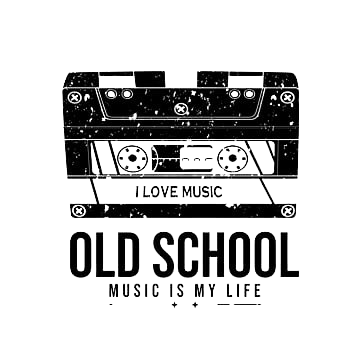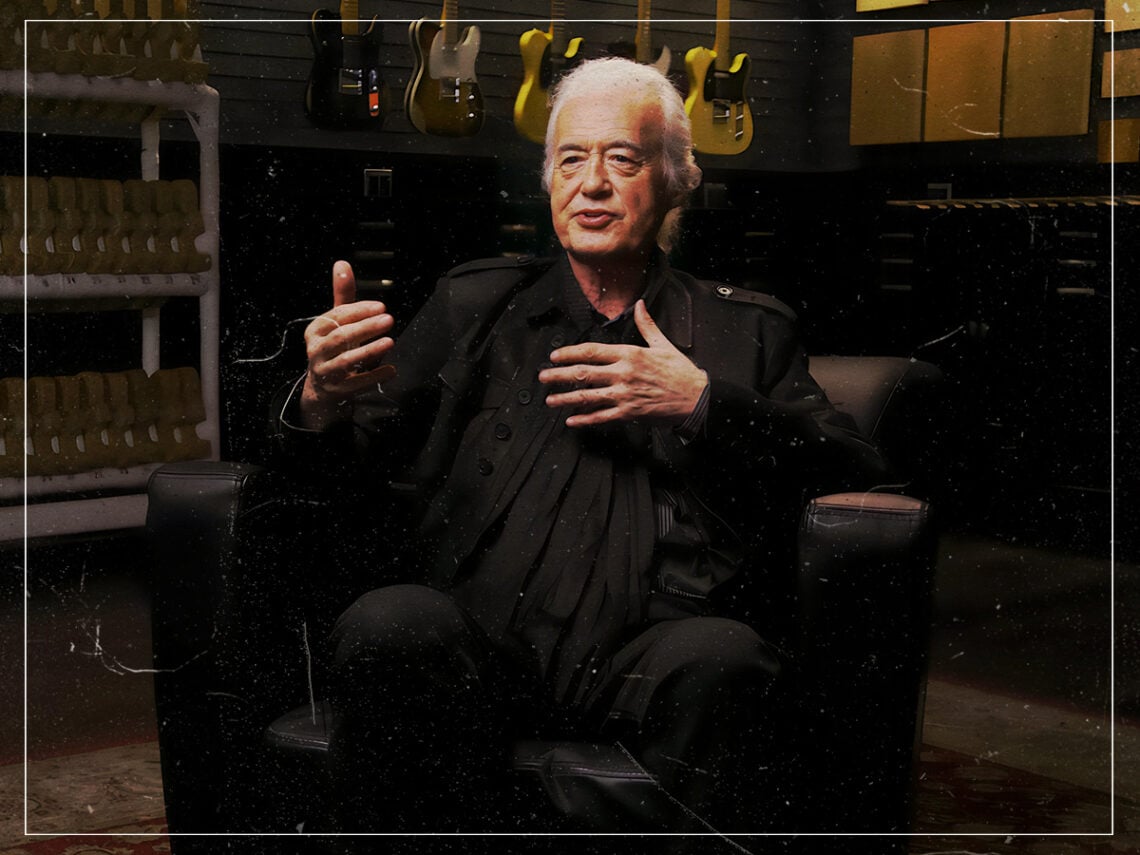When you consider the almighty strength of studio musicians Led Zeppelin had in their arsenal, it is easy to assume that they coasted in and out of every recording period with ease. John Bonham, Jimmy Page, Robert Plant and John Paul Jones are some of the most musically gifted rock outfits of all time, but even they had some issues sometimes. 1976’s Presence was, by all accounts, the most difficult album for Led Zeppelin to record in their entire career.
It wasn’t all the band’s fault, either. Following an unprecedented level of success in both Europe and North America, the band were set to tour in the summer of 1976 when Robert Plant was seriously injured in an automobile crash in Greece just a few weeks before the tour was scheduled to commence. Instead, the band decided to return to the studio for a new album and try to make the best out of their enforced downtime.
Plant spent his recuperation time writing lyrics filled with doubt centred on overcoming adversity and defying the odds. Page eventually joined him, and the two fleshed out six songs they believed would make a solid Zeppelin album (a seventh track, ‘Royal Orleans’, would be formulated in the studio amid noted controversy). Intended to focus on the band’s much-despised label of ‘heavy metal’, Presence is the one record that fully embraces the band’s heaviest tendencies from start to finish. However, the aforementioned complications would not dissipate once the band began recording.
Due to the group’s tax exile status, something many British rock groups that had made their money in the last decade were facing, the group absconded to Munich to record at the Musicland Studios space. Fellow tax exiles The Rolling Stones were set to record directly after them, and when Page failed to complete the recording before the allotted time, he negotiated with The Stones to borrow two days of their recording time. Along with engineer Keith Harwood, Page recorded all the guitar overdubs in those two days, sleeping little and fueled mainly by his increasing addiction to heroin.
Despite the heavy drug use, the sessions were largely successful. It was during this time that Page knocked out the classic lead lines for ‘Achilles Last Stand’, ‘Nobody’s Fault But Mine’, and ‘For Your Life’, but the otherwise productive burst came to a screeching halt when it was time to overdub guitar onto the track ‘Tea For One’. For the first time in his professional career, Page was stumped about what to do.
“I ended up sitting there thinking, ‘I’ve got this guitar solo to do,’” he told Trouser Press in 1977. Stage fright was something that most artists had to overcome during their time in the spotlight, but studio fright was not a feeling the accomplished Page had ever expected: “I was really a bit frightened of it. I thought, ‘What’s to be done?’”
Page’s story in the studio is a long one. Before joining The Yardbirds, he was a gifted and well-sought-after-session musician who was featured on countless singles. But, this track may have represented the first time he was without ideas on how to go on. “I didn’t want to blast out the solo like a locomotive or something, because it wasn’t conductive to the vibe of the rest of the track,” Page recalled.
Adding: “‘Tea For One’ was the only time I think we’ve ever gotten close to repeating the mood of another of our numbers, ‘Since I’ve Been Loving You,’” he said. “The chordal structure is similar, a minor blues.”
Page managed to persevere and lay down a blisteringly emotional solo. The difficult circumstances only served to bring the band together, and the unity they felt was the main inspiration behind the album’s title. Unfortunately, Presence didn’t achieve the same level of success as previous albums, and today holds a dubious place as perhaps Led Zeppelin’s least acclaimed and cited LP.
Still, there’s plenty to like on the album, and its charms will extend past the Zeppelin faithful when given the proper chance. If the band could make it through the recording and relative disappointment of Presence, and if Jimmy Page could figure out a solo for ‘Tea For One’, then nothing would be able to stop the mighty Led Zeppelin.

